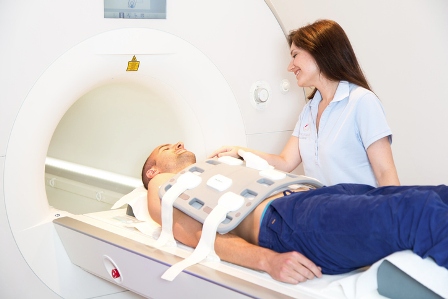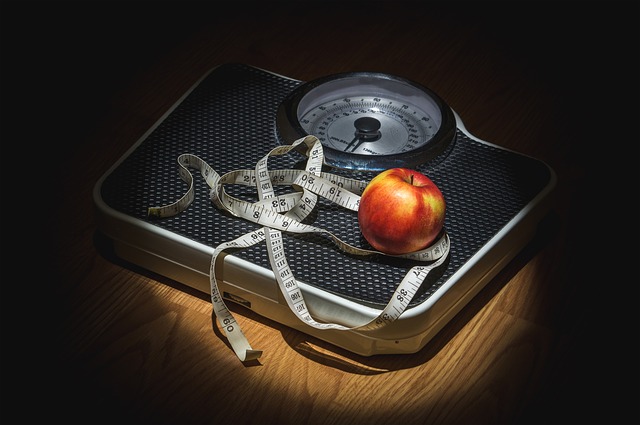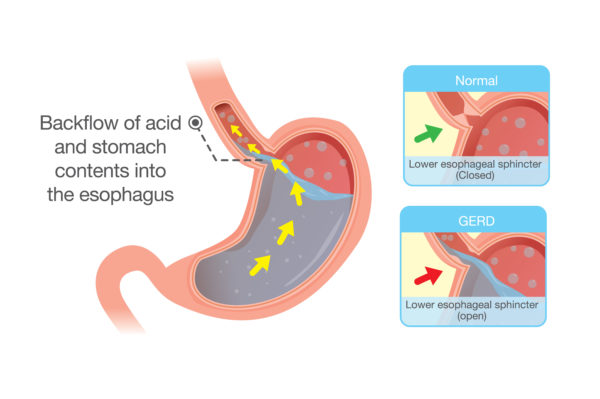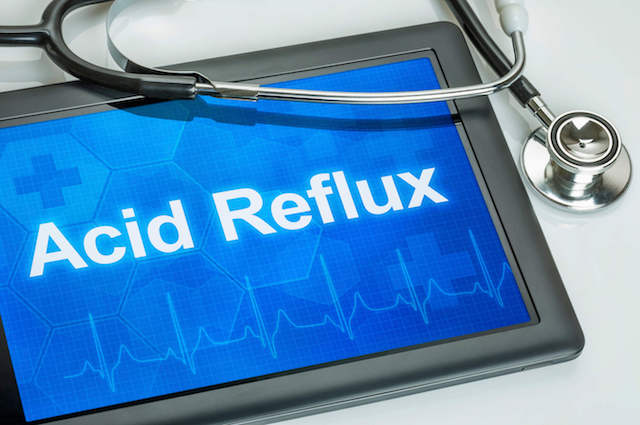Is the LINX Device Safe with MRI Imaging?
The LINX system uses a ring of titanium beads containing magnets that is placed around the lower esophagus to help prevent acid reflux. When considering a LINX implant, many patients wonder about the long term effects it could have, including whether it will interfere with MRI scans.
Magnets and Metal
An MRI (magnetic resonance imaging) scan uses a magnetic field and radio waves to produce images of interior parts of the body. The use of powerful magnets can be problematic for people with certain implants, including LINX devices.
Since the LINX system contains magnetic metals, there is a good chance that you’ll experience serious internal injuries if you go in for an MRI. In addition, the magnetic field produced by an MRI machine could interfere with the magnetic bonds in the beads, rendering them ineffective.
MRI Safe Systems
There are LINX systems that are designed to be safe for MRIs. The majority of these are considered to be safe only up to 0.7T, the “T” standing for “tesla,” which is a unit of measurement for the strength of magnetic fields. Some newer systems are rated safe up to 1.5T, though these are not nearly as common.
Those who undergo the LINX procedure receive an implant card indicating that they have a metal implant. This is important for situations where they might otherwise be required to undergo magnetic scans (such as airport security or an MRI). Those who have a 0.7T system will have a white card, whereas those with the newer 1.5T devices will have a blue card.
Taking the Risk
We should note that just because a LINX device is rated safe for MRI does not mean there won’t be any risk if you opt to get one. Keep in mind that you are dealing with metal and magnets inside your chest, so consult with your doctor prior to making decisions about diagnostic scans.
Experienced reflux doctors such as Dr. Malladi can help you make the right decision about LINX devices and MRI scans. To learn more, contact Malladi Bariatrics and Advanced Surgery today.







